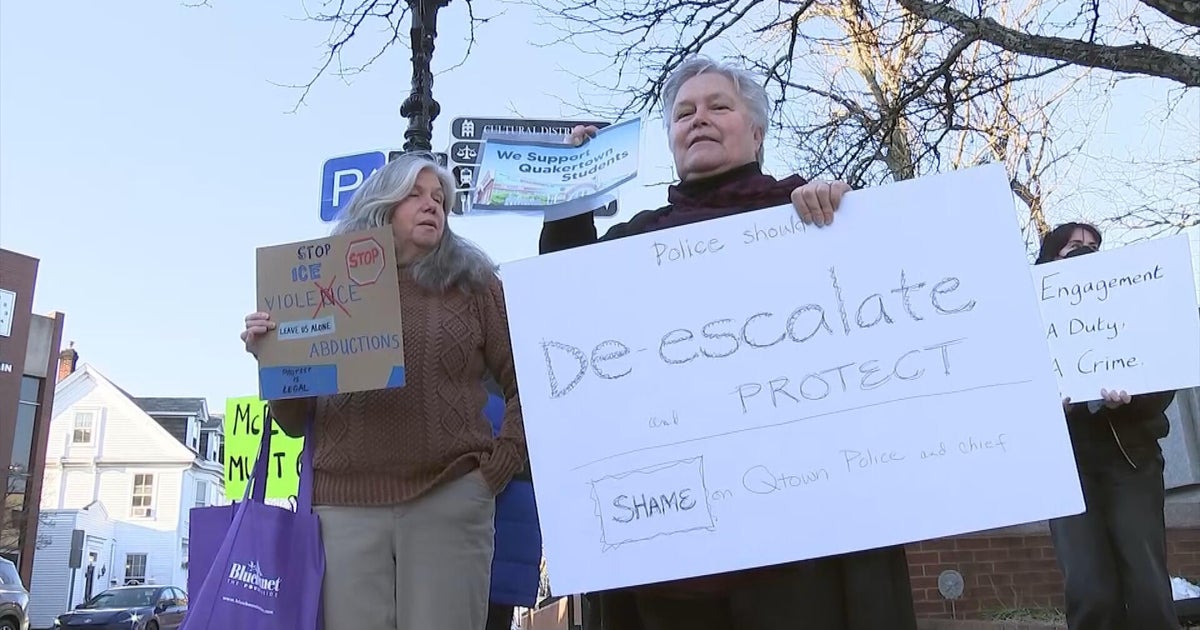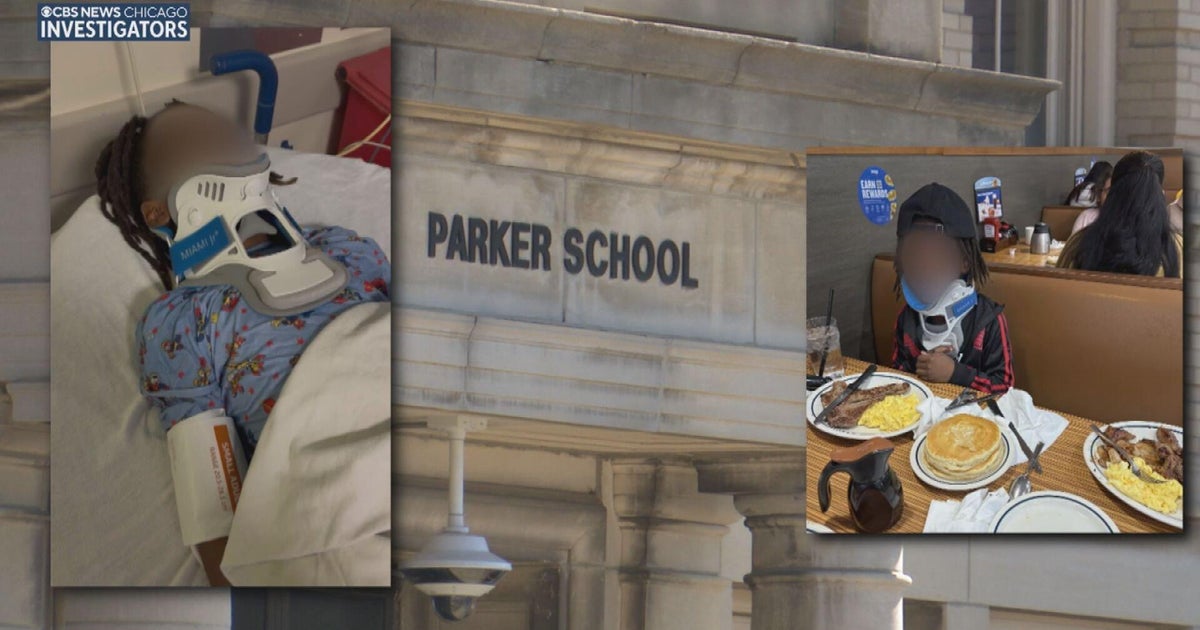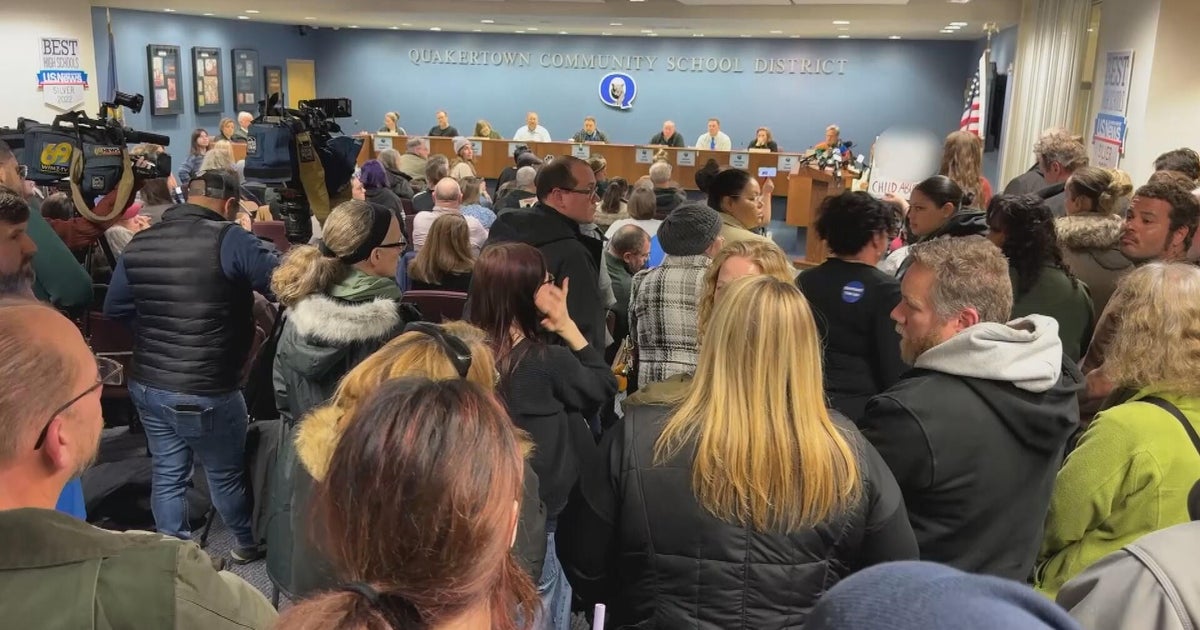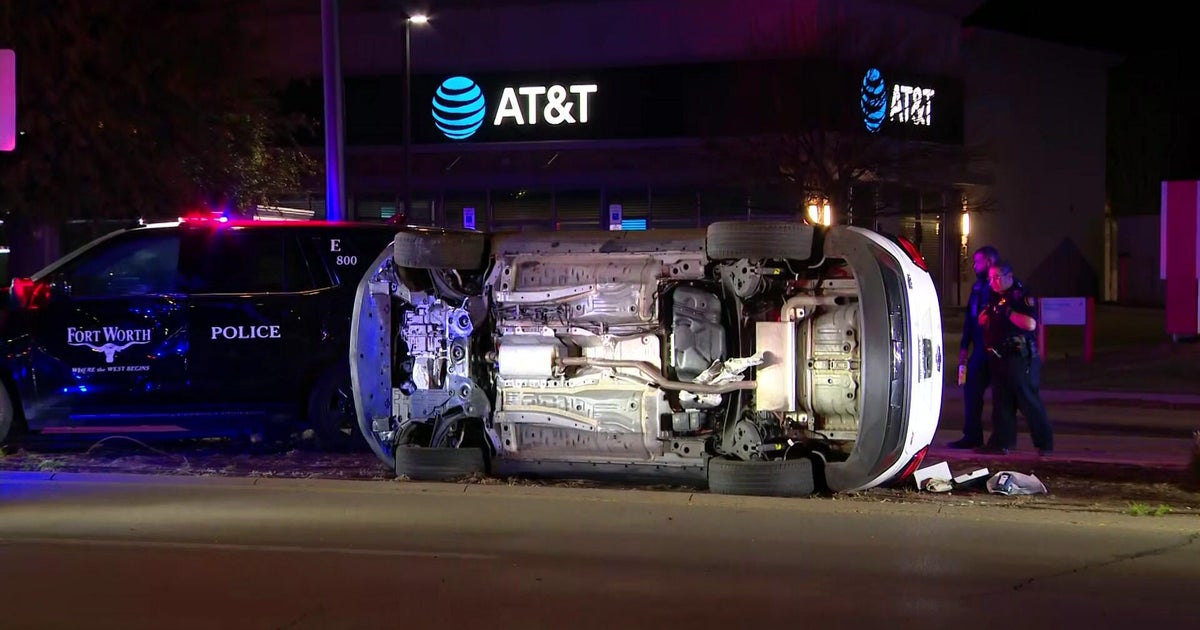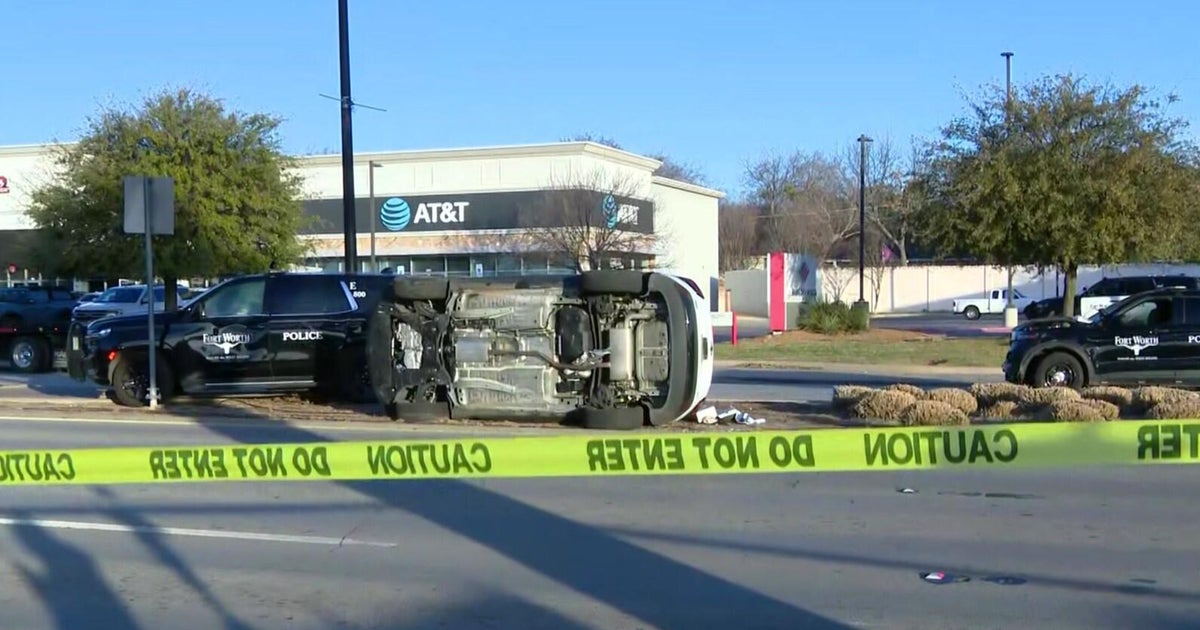Miami-Dade & Hialeah Police Departments Ban Applied Carotid Triangle Restraint Chokehold
MIAMI (CBSMiami) – The Miami-Dade Police Department is now banning the use of the applied carotid triangle restraint, a form of chokehold which restricts the flow of blood through the carotid arteries to the brain.
Miami-Dade is just the latest in a growing list of cities and states banning the use of the neckhold by police following protests over the killing of George Floyd in Minneapolis.
Miami-Dade Police Director Freddy Ramirez issued this statement Thursday morning.
"Upon being appointed Director of the Miami-Dade Police Department at the beginning of this year, I began a review process that initiated changes which I believe will help our Department live up to our vision of being the model law enforcement organization in the Nation. Among those changes was a Departmental re-organization that emphasizes compliance with professional standards and Officer wellness as well as a streamlined approach to emergency operations. Nonetheless, as a progressive agency, we must remain in a constant state of review and open to emerging best practices and community feedback. As such, I have decided to no longer authorize the utilization of the Applied Carotid Triangle Restraint (ACTR). This decision was based on a multitude of factors to include officer and public safety, feedback from policing professionals, members of our community, local leaders and officials, and recommendations from the Police Executive Research Forum."
The MDPD's Miami-Dade Public Safety Training Institute will now work on amending its training protocols and departmental policies as they relate to the application of the ACTR.
The ACTR is classified as a 'less-lethal' use of force in the Department's policy guide used in subduing a resisting subject.
The procedures for an ACTR describe what an officer should do after using it, whether conscious or unconscious, including handcuffing, loosening clothing or other objects around the subject's neck, and requesting a Miami-Dade Fire Rescue unit to examine subject for any possible injury.
The procedures also include a list of what an officer should do in order to revive the subject if they are unconscious, or not breathing including administering artificial respiration or even CPR.
The Department's policy guide states MDPD "recognizes the value of human life and is committed to respecting the dignity of every individual. Accordingly, the sanctity of human life is central to the Department's mission, policies, training and tactics. When reviewing police use of force situations, the MDPD assesses whether the force in any given situation is not only legal, but also necessary, proportional, and ethical."
It also states "In order to achieve safe control over a subject, Miami-Dade Police Department (MDPD) officers may use the force necessary to affect lawful objectives. When the scene is safe based upon the totality of the circumstances, and when the time and circumstances permit, officers will identify themselves as law enforcement officers and use de-escalation tactics in a reasonable manner in efforts to reduce the need for force."
The Hialeah Police Department has also announced it is no longer authorizing the use of Applied Carotid Triangular Restraint (ACTR).
"In the past, this restrain technique has been rarely used by members of the Department," said Police Chief Sergio Velazquez in a statement. "The department has other non-lethal weapons/ techniques such as the Taser, pepper spray, and baton to subdue uncooperative individuals. Under my administration, the Hialeah Police Department has never authorized what is being referred to as choke hold."
